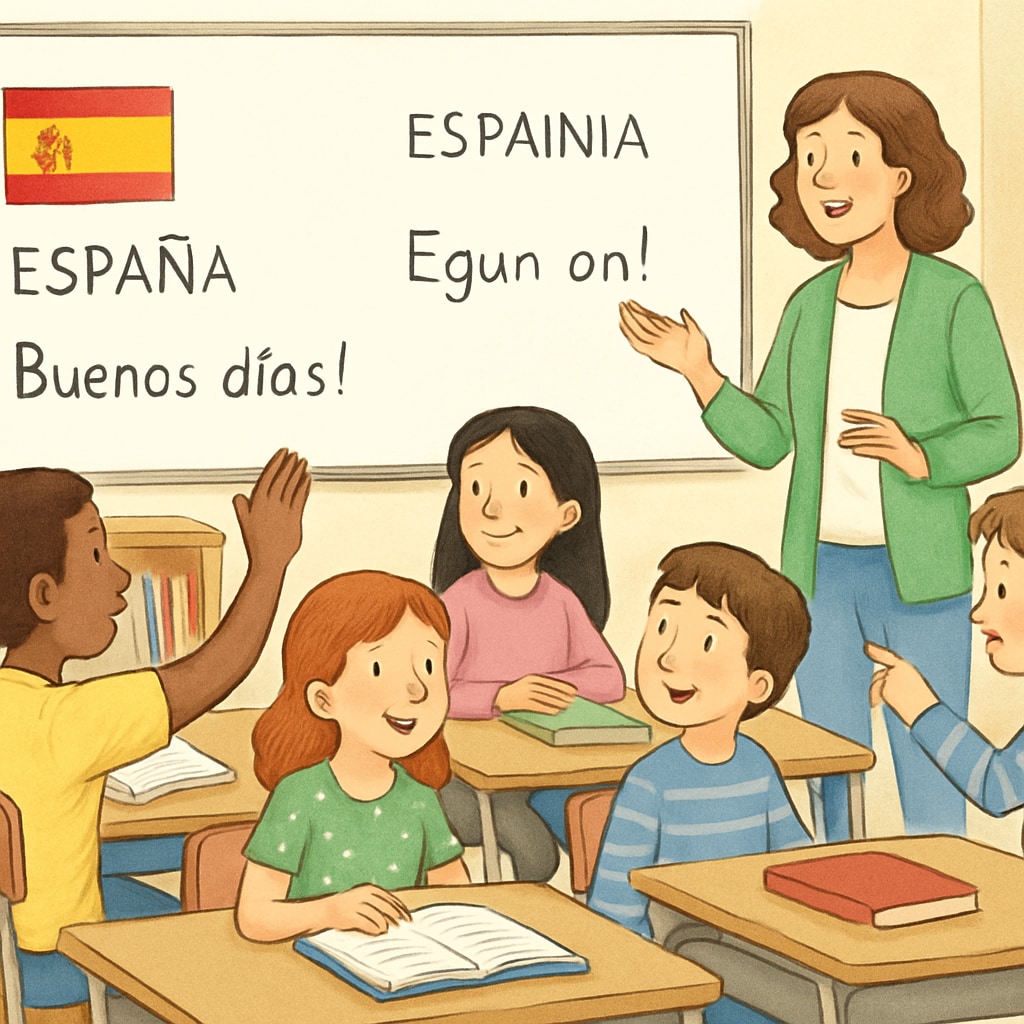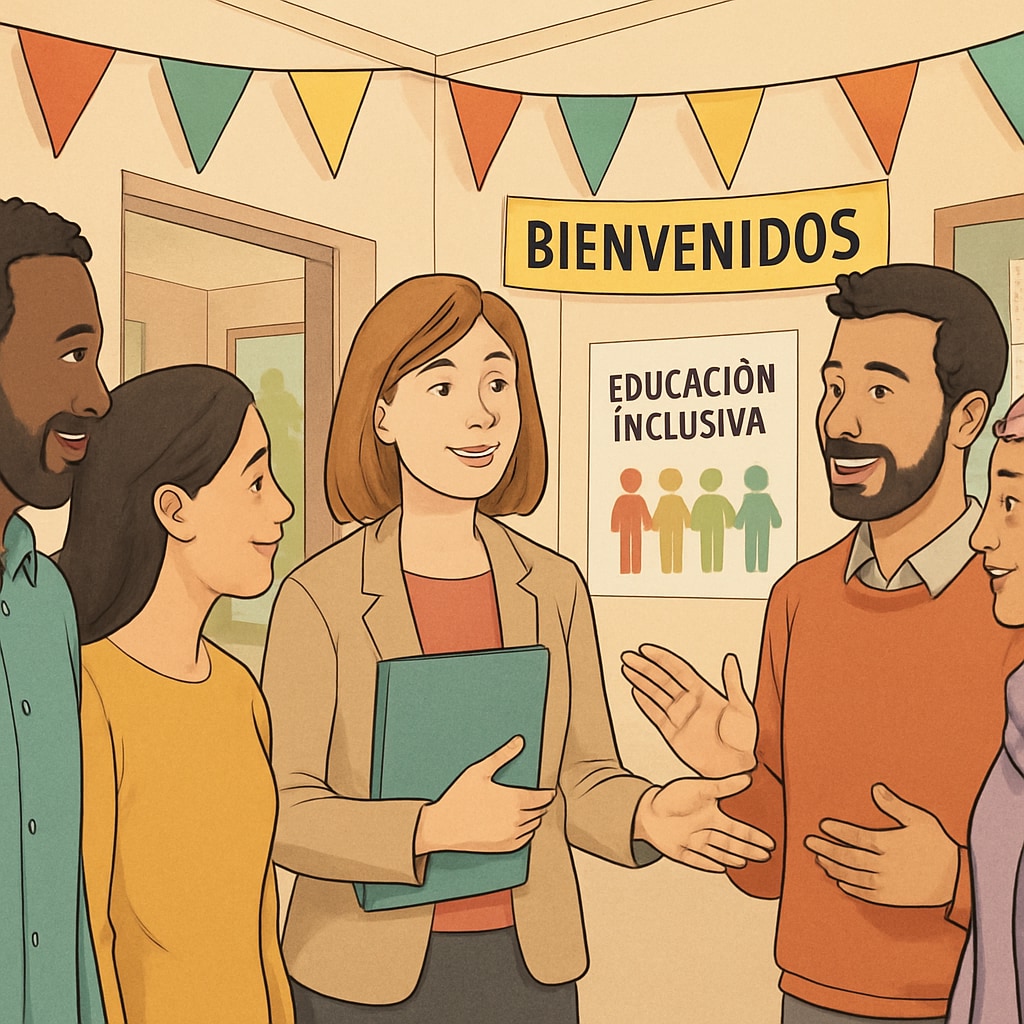When considering studying in Spain, pursuing a master’s degree, and navigating cultural adaptation, it is essential to examine the broader educational environment, particularly the K12 system. For international families, this evaluation can influence decisions about relocating to Spain for academic and professional growth. Spain’s unique education structure, combined with its inclusive cultural environment, offers insights into both the opportunities and challenges of international education.
Understanding Spain’s K12 Education System
The K12 education system in Spain is characterized by its structured yet flexible approach, offering a blend of state, semi-private, and private institutions. Education is compulsory between the ages of 6 and 16, divided into primary (Educación Primaria) and secondary (Educación Secundaria Obligatoria, or ESO) education. Beyond compulsory schooling, students can pursue specialized tracks in high school (Bachillerato) to prepare for university. For families considering long-term settlement, this system ensures a solid academic foundation tailored to individual strengths and interests.
One standout feature of Spain’s K12 system is its bilingual and multilingual programs. Many schools, especially in regions like Catalonia or the Basque Country, offer instruction in both Spanish and regional languages. Additionally, international schools provide curriculums in languages such as English or French, catering to expatriates and globally mobile families. This linguistic diversity is a significant advantage for children adapting to a new cultural and educational environment.

Adapting to a New Culture and Education Style
While Spain’s K12 system offers numerous benefits, cultural adaptation remains a key challenge for international families. Unlike some rigid educational models, Spain emphasizes holistic development, integrating arts, sports, and social activities into the curriculum. This approach fosters creativity and collaboration but may initially seem unfamiliar to students accustomed to more exam-oriented systems.
For parents pursuing a master’s degree in Spain, understanding these cultural nuances is crucial. Schools often encourage active parental involvement, offering a platform to bridge cultural gaps. Furthermore, Spain’s community-focused society provides ample opportunities for families to integrate through local events, extracurricular activities, and parent-teacher associations. With patience and proactive engagement, families can turn cultural differences into enriching experiences.

Practical Tips for International Families
To successfully navigate Spain’s education landscape while pursuing higher studies, consider the following practical tips:
- Research school options early: Explore public, semi-private (concertados), and private schools to find the best fit for your child’s needs and language preferences.
- Leverage local resources: Many communities have expat groups and cultural organizations that offer guidance and support for newly arrived families.
- Encourage language learning: Enroll children in language classes to ease their transition and help them thrive academically and socially.
- Stay informed about admissions timelines: Application processes, especially for international schools, can vary significantly. Plan ahead to avoid last-minute stress.
Ultimately, integrating into Spain’s education system requires a balance of preparation and adaptability. By embracing the cultural and educational opportunities available, families can ensure a rewarding experience for both children and parents.
Long-Term Benefits of Studying in Spain
Pursuing a master’s degree in Spain not only enriches professional qualifications but also opens doors for long-term residency. Spain offers post-graduation work opportunities, allowing individuals to gain practical experience and contribute to the local economy. For families, the K12 education system provides a nurturing environment for children to develop academically, socially, and linguistically.
In addition, Spain’s rich cultural heritage, combined with its modern educational infrastructure, creates a unique learning environment. From world-class universities to vibrant local communities, Spain offers a dynamic blend of tradition and innovation, making it an ideal destination for international families seeking academic and personal growth.
In conclusion, studying in Spain, pursuing a master’s degree, and navigating cultural adaptation are deeply interconnected experiences. By understanding the K12 education system, embracing cultural diversity, and leveraging available resources, families can transform these challenges into invaluable life lessons.
Readability guidance: Short paragraphs, active voice, and transitions enhance readability. Lists and images provide visual breaks, ensuring the content remains engaging and accessible.


